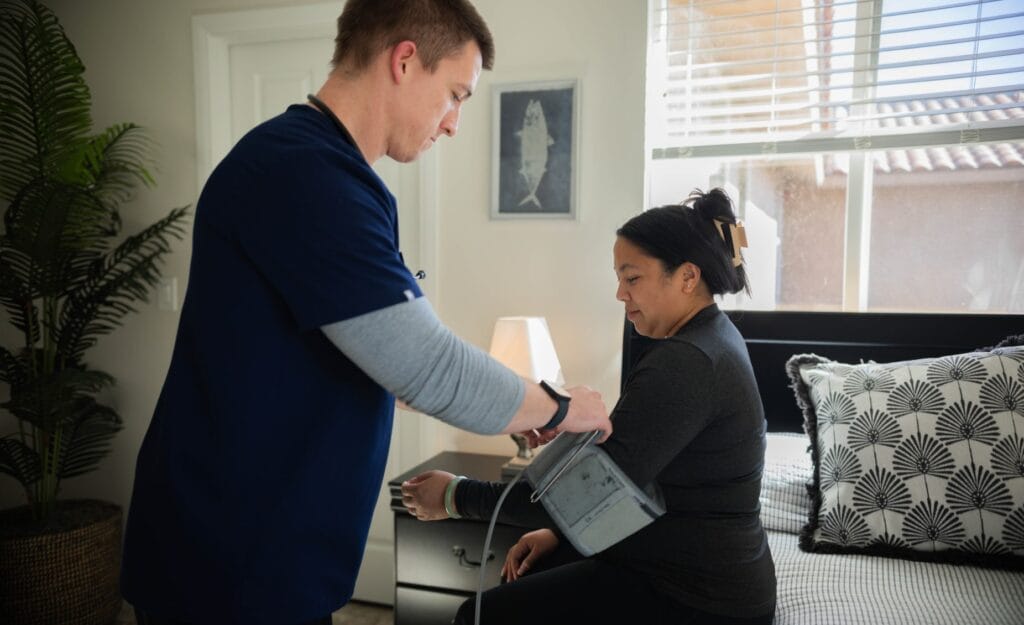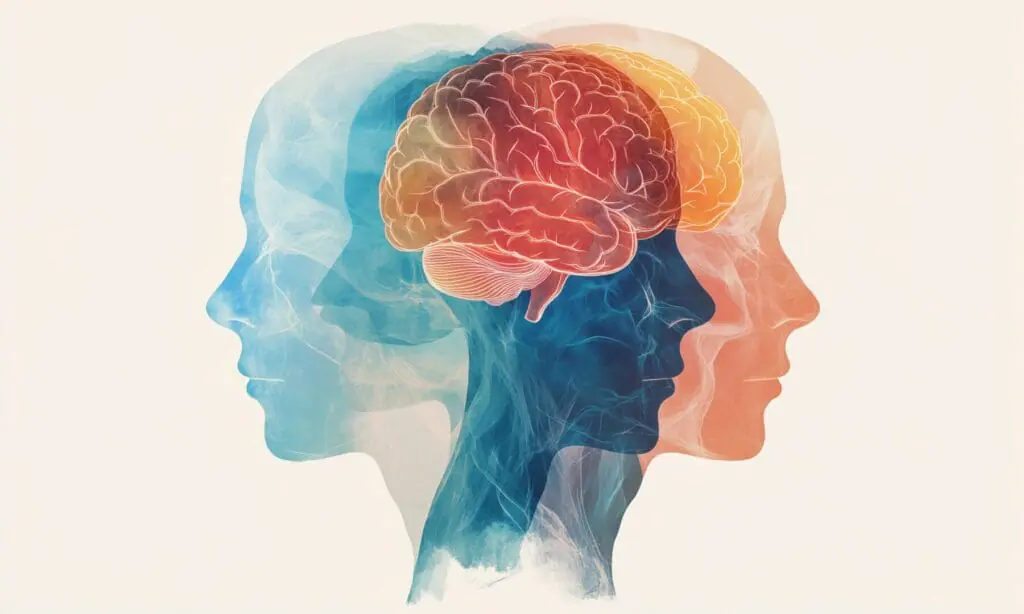When it comes to addiction recovery, it’s a journey that’s unique for everyone. For many, breaking free from addiction’s difficult cycle can feel overwhelming. This can be especially true if you try to do it alone.
That’s where treatment comes in, and more specifically, residential treatment. Whether it’s your first time seeking help or you’re exploring new options for yourself or a loved one, understanding the best approach can make a difference.
Residential treatment offers a deeper, more immersive experience than other methods. By providing 24/7 care, structure, and a safe space away from usual triggers, individuals can focus entirely on healing. This dedicated time in a supportive environment can be the key to long-term success.
We’ll discuss some of the core benefits of residential treatment and why it could be beneficial for you or someone close to you.
24/7 Care and Support
A big advantage of residential treatment—perhaps the biggest—is constant medical and emotional care access. When someone is in the early stages of recovery, the body and mind undergo a lot of changes.
Having medical professionals available around the clock helps to ensure withdrawal symptoms are safely managed, reducing discomfort and minimizing the risk of relapse.
It’s not just about the medical side of things. Emotional support plays a huge role in recovery, too. Residential treatment provides a compassionate team of counselors and therapists who are always there to help, whether someone feels overwhelmed or anxious or just needs someone to talk to.
This high level of support creates a sense of security—patients know they’re not alone in their struggles, and help is always a few steps away.
For many, having 24/7 care means focusing solely on healing without the usual distractions and stressors.
Knowing someone is there to guide them through every step of the process helps ease the mind and body, making the recovery journey a little less daunting and more manageable.
Structured Environment
A key benefit of residential treatment is the structured environment it provides. When someone is recovering from addiction, having a routine can be incredibly grounding. It removes the uncertainty of thinking about what’s next and creates a sense of stability, which is often missing in the chaos of addiction.
Residential programs are designed with a clear schedule of therapy sessions, group activities, and even designated downtime, all aimed at keeping the focus on recovery.
The structure allows individuals to channel energy into productive activities, whether it’s through one-on-one therapy, group discussions or holistic treatments like meditation or art therapy. Having those regular touchpoints throughout the day helps build healthy habits, reinforces the importance of self-care and reduces the likelihood of falling back into old, destructive patterns.
Without the usual distractions of daily life, whether it’s work, family stress or other triggers, the structured environment in residential treatment makes it easier to fully concentrate on healing.
This sense of routine gives individuals a clear path forward, fostering self-improvement one step at a time.
It isn’t just about obtaining sobriety—it’s about creating new, healthy routines to support a lasting recovery.
Access to a Range of Therapies and Treatment Options
A standout feature of residential treatment is the wide variety of therapies available to support recovery. From evidence-based treatments like cognitive behavioral therapy (CBT) to group therapy sessions and holistic approaches like yoga or meditation, residential programs cater to each person’s unique needs.
This variety ensures that no matter where someone is in their recovery journey, there’s a method that resonates with them and helps them heal.
Personalized treatment plans are at the heart of residential care. Addiction is often linked with other mental health challenges, like anxiety, trauma or depression. Residential programs take this into account, offering therapies that not only address addiction but also dig deeper into underlying issues that could have contributed to it.
By focusing on the mental and physical aspects of addiction, these programs provide a more comprehensive and lasting solution.
This holistic approach encourages self-reflection and personal growth. In a residential setting, individuals have the time and space to gain a deeper understanding of themselves, uncover the root causes of their addiction and develop healthier ways of coping with challenges.
The range of therapies creates a solid foundation for long-term recovery and offers more than a temporary solution.
Peer Support and Community Building
One of the most powerful aspects of residential treatment is the sense of community among people going through similar struggles.
Addiction can feel extremely isolating, leaving people feeling alone in their experiences. In residential treatment, that isolation is replaced with peer support—people who truly understand the ups and downs of recovery because they’re living it, too.
Being surrounded by others with similar challenges fosters a deep sense of belonging.
Group therapy sessions, shared activities and informal conversations create opportunities to connect, share stories and encourage one another. This peer support is invaluable, helping individuals realize they aren’t alone in their fight against addiction.
The bonds formed in this environment can ease the emotional weight of recovery and serve as motivation to keep pushing forward even on tough days.
The relationships built during treatment often extend far beyond the treatment itself. Many people leave residential treatment with a support network that becomes a vital part of long-term recovery.
These friendships provide ongoing encouragement, accountability and understanding, all of which help sustain sobriety in the real world.
Focused Time Away from Triggers
Residential treatment provides a crucial opportunity to step away from the environment and situations that can fuel addiction. By removing individuals from daily stressors and triggers, residential programs create a safe, controlled space with the focus being solely on recovery. This break from the outside world can be key to helping individuals regain a sense of control of their lives.
In a setting free from temptation, it becomes easier to maintain sobriety and focus on the inner work necessary for healing.
Without the constant threat of relapse looming over them, individuals can concentrate on understanding their addiction, developing new coping strategies and rebuilding their lives from the ground up.
This time away provides clarity and deep personal reflection, allowing one to gain perspective away from the immediate pressure of daily life.
Conclusion
Residential treatment offers a powerful combination of benefits that can make a real difference in addiction recovery.
From 24/7 care and a structured environment to access to various therapies, peer support and the opportunity to step away from everyday triggers, this type of treatment gives individuals the tools they need to succeed. It’s a safe, supportive space where recovery is a top priority.
If you or a loved one are considering residential treatment, remember that recovery is a journey, and it doesn’t have to be taken alone.
With the right support system and treatment plan, long-term sobriety is within reach. Don’t hesitate to explore how residential treatment could be the next step in your healing process.







